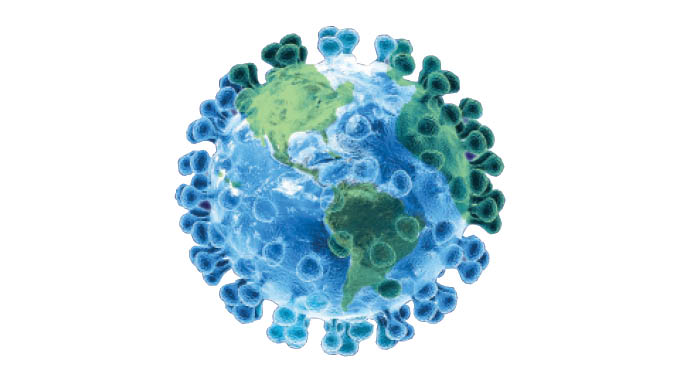‘Covid-19 awakens domestic creativity and innovation’

Prosper Ndlovu, Business Editor
ZIMBABWEAN industries should diversify and embrace modern technology including input from tertiary institutions to become formidable hubs of import substitution, President Mnangagwa said on Saturday.
The import substitution industrialisation path is crucial for the country as it takes bold steps towards achievement of an upper middle-income economy by 2030, he noted, adding that the potential to achieve this desired reality is being evidenced by the awakening creativity and innovative capability displayed in the domestic production of materials towards the fight against Covid-19 pandemic.
Over and above pooling resources together in corporate social responsibility spending towards the national Covid-19 mitigation measures, local industries and universities have been on the forefront in producing critical materials such as consumables, disinfectants/sanitisers and personal protective equipment (PPEs) for frontline health operations as well as helping to improve key infrastructure in major hospitals. Importation of such goods and services could have cost the country millions of dollars.
In his 40th anniversary independence speech, President Mnangagwa expressed excitement over the local industrial capacity and innovative input by higher learning institutions towards manufacturing processes. Such national focused operations deserve increased Government support in order to scale up capacity for domestic supply and exports, said the President.
“The silver lining to the present global health crisis is the awakening of our national creativity and inventiveness. It is commendable that local industries and universities have become hubs for import substitution, starting with the essential materials needed for immediate use in our health sector,” said President Mnangagwa.
“Our manufacturing sectors must diversify, riding on innovation, inventions, ICTs and the broader modernisation agenda to meet the needs of our society and also penetrate the global value chains.
“My administration is committed to support the manufacturing processes developed as part of our defence against Covid-19. It is the expectation that buoyant industries that meet our needs while serving regional, continental and even global demand will emerge henceforth.”
As such, the President called for increased scientific research, development, innovation and technologies that will steer the vast economic spectrum towards greater value addition. This is critical in reducing non-essential imports, which have kept the country on negative trade balance over the years, with devastating impact on foreign currency reserves and job creation.
“Let us strive to be a knowledge-building, and knowledge-driven society, by turning our literacy levels to real goods and services for our people and beyond,” said President Mnangagwa.
Import substitution is at the heart of the Zimbabwe National Industrial Development Policy (ZNIDP-2019-2023), under the auspices of the Local Content Strategy, which seeks to drive local value addition through utilisation of domestic resources and localisation of supply chains. Similarly, the President said the mining sector must redouble its efforts to facilitate the resuscitation of the economy.
“Projects already underway across different minerals, coupled with the ongoing reforms give hope that the target of a US$12 billion dollar mining sector by 2023, is achievable,” he said.
“In the energy sector, it is pleasing to note that the water inflow into Kariba Dam, which is a key source of our hydro-power, is improving. It is integral that the energy mix continues to improve with regards to both the thermal generation capacity as well as renewable energy sources.”
To augment power generation for the economy, the President said the two Units, 7 and 8 at Hwange Power Station under construction are expected to be commissioned during the second quarter of next year. These will bring in an additional 600MW to the national Grid. The President also pledged to ensure that a number of key capital projects, principally infrastructure, be completed as soon possible. In view of the disruptive impact of Covid-19 on the tourism sector, he challenged the industry players to prepare innovative strategies for recovery.











Comments